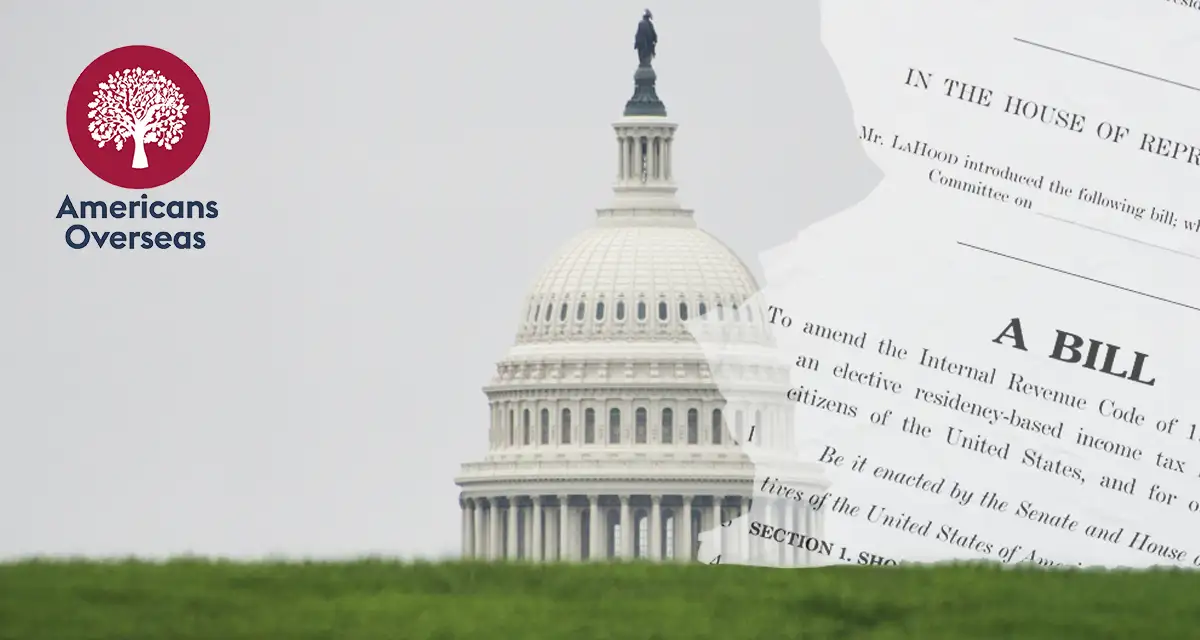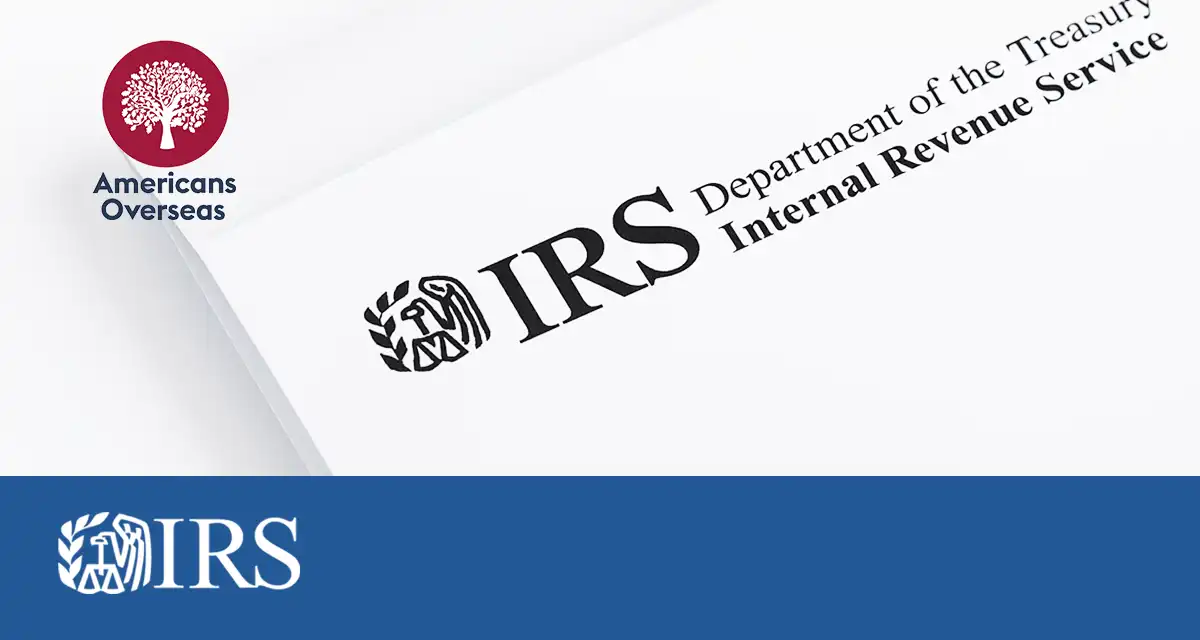
Calling all 8.7. million Americans Overseas!

The new law forces foreign financial institutions (FFI) to identify and report all US citizens and “US persons” based on indicia outlined in FATCA to the IRS (Internal Revenue Service). Because of the financial burden placed on these financial institutions, accounts are being closed on US clients globally!
For the majority of Americans overseas, these are their local banks. Keith sat down with us to share the story of his work and his life as an American overseas. accounts in their respective countries of residence.
Where do you live and how did you get there?
I have lived in Paris, France for the past 15 years. An international French company hired me and moved me to Paris. I am actually French as well as American. So France is my “second country”.
What triggered you to help American expatriates?
I have been involved with the American overseas community for the past two years and full-time since June 2014 because of the serious consequences of FATCA on Americans overseas and the other affected populations.
Additionally, FATCA has put in the spotlight the problems with Citizen Based Taxation (CBT) which only the United States practices except for a small African country, Eritrea.
Can you share some experiences on how it impacts your own life and the people who contact you?
I am unable to have retirement accounts and investment accounts. And I risk the possibility of having my bank accounts closed as FATCA is in the implementation process in France.
There are numerous stories that are growing exponentially about Americans overseas and the other affected populations vis-à-vis bank account closures, retirement account closures, investment account closures, mortgage denials as well as being rescinded, and employment denials directly as a result of FATCA.
There has also been a growing number of “accidental Americans” who are caught in the FATCA dragnet. Another population adversely affected are other countries’ expats living in the United States where they have their accounts closed and mortgages rescinded in their respective home countries directly linked to FATCA.
What do you recommend people to do and not to do when they find out they have US tax filing obligations?
Each situation can be quite different. Having said this, a pragmatic approach is necessary. A cool head needs to prevail. Don’t let fear, desperation, and angst be the driving force in making any hasty decisions.
Proper consultation needs to be done based on each situation. This may result in consulting a tax firm that has solid experience in working with Americans overseas. A tax attorney, or a US citizenship attorney if one is an “accidental American”.
I also recommend that a second and at times a third opinion be secured to ensure the information received is accurate and the fee charged is reasonable.
Do you still have a US passport and if so why? Would you ever renounce?
Yes, I have a US passport. At this juncture, I am not considering renouncing due to familial ties to the US. I have elderly parents and would not want to be in a position where I cannot return to the U.S. in an expeditious manner. Or be limited in my stay in the US.
Americans Overseas
The latest news on US tax developments that affect the lives of Americans Overseas. We interview US citizens, expatriates, and opinion leaders and post articles by top tax experts. If you want to stay updated on the latest news subscribe
Frequently asked questions
Understanding the US tax system, the obligations, and all the additional terms can be difficult. Especially if one lives outside of America. Is your question not answered? Contact us.
-
Who is required to file taxes in the US?
U.S. citizens and resident aliens who live abroad are generally required to file a federal income tax return and pay taxes on their worldwide income.
Read more... about Who is required to file taxes in the US? -
Do US citizens living abroad still have to file taxes in the US?
Yes, US citizens are required to file taxes on their worldwide income, regardless of where they are living.
Read more... about Do US citizens living abroad still have to file taxes in the US? -
How can I cash my US check?
Received an American check? You can cash your check in the following ways: cash the check at your own bank, transfer to another person (endorsement), cash checks using an online service or cash the check by another bank.
Read more... about How can I cash my US check? -
Are there any special tax forms required for US citizens living abroad?
US citizens living abroad may be required to file Form 2555 and/or Form 1116 to claim the foreign-earned income exclusion.
Read more... about Are there any special tax forms required for US citizens living abroad? -
What is FBAR filing?
FBAR (Foreign Bank Account Report) filing is the requirement for certain U.S. individuals and entities to report their foreign financial accounts to the Financial Crimes Enforcement Network (FinCEN) of the U.S. Department of Treasury. The FBAR filing requirement applies to U.S. persons who have a financial interest in, or signature authority over, one or more foreign financial accounts if the aggregate value of those accounts exceeds $10,000 at any time during the calendar year.
Read more... about What is FBAR filing?





